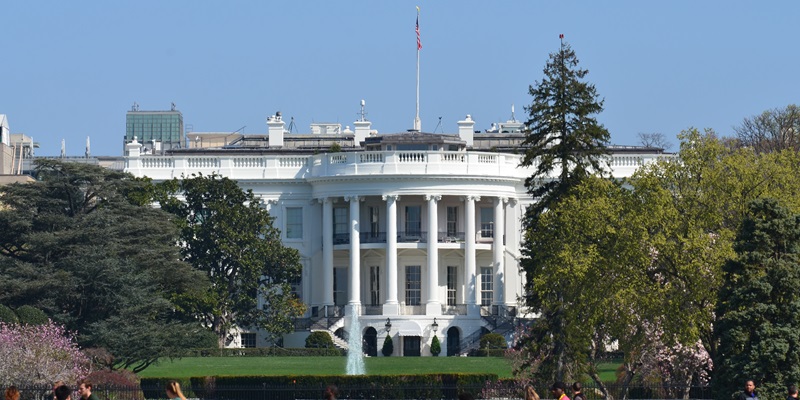In a sweeping executive order, US President Joseph R. Biden Jr. on Monday established a comprehensive series of standards, safety and privacy protections, and oversight measures for the development and use of artificial intelligence (AI). The order aims to address privacy concerns and the generation of AI problems revolving around bias and civil rights among Americans. Let’s delve into the various sections of this significant executive order.
Standards, Safety, and Privacy Protections
The executive order takes the issue of privacy seriously when it comes to AI. With the growing use of AI technologies, there have been concerns about the misuse of personal data. Biden’s order seeks to address these concerns by establishing comprehensive privacy protections. By setting up standards and guidelines, the order aims to ensure that AI systems respect individual privacy rights and do not compromise personal data.
Furthermore, the order focuses on combating bias in AI systems, particularly in relation to civil rights. Bias in AI algorithms can perpetuate discrimination and exacerbate existing inequalities. Biden’s edict calls for strict measures to be put in place to address this issue, ensuring fairness and equal treatment in AI systems.
Oversight Measures
To enhance transparency and accountability in the development and use of AI, the executive order mandates that AI developers share safety test results and other crucial information with the government. This requirement will enable the government to assess and monitor the potential risks associated with AI technologies. By having access to safety test results and other data, the government can intervene and take corrective actions if necessary.
In addition, the order calls for the establishment of an “advanced cybersecurity program.” This program will play a crucial role in developing AI tools to identify and rectify vulnerabilities in critical software systems. By proactively mitigating cybersecurity risks, the government aims to build trust in AI technologies and safeguard critical infrastructure from cyber threats.
Content Authentication and Watermarking
Recognizing the challenges posed by AI-generated content, the US Department of Commerce has been tasked with developing guidance for content authentication and watermarking. The increasing use of synthetic media raises concerns about misinformation and the potential for deepfakes. The guidance aims to provide a framework for labelling AI-generated content to help users distinguish between authentic and manipulated content, ensuring transparency and credibility in the digital space.
G7 Agreement on AI Safety Principles
In a collaborative effort, officials from the Group of Seven (G7) major industrial nations have agreed upon an 11-point set of AI safety principles. These principles, along with a voluntary code of conduct for AI developers, underline the commitment of G7 countries to ensure the responsible and ethical development, deployment, and use of AI technologies. This global consensus on AI safety is a significant step towards harmonizing AI regulation and promoting international cooperation in this domain.
Targeting Large Language Models
The executive order recognizes that large language models (LLMs) can pose potential risks to national security, economic security, and public health. To address these concerns, companies developing LLMs will now be required to notify the federal government when training these models. Moreover, they must share the results of safety tests conducted during the development process. These measures will enable the government to assess and mitigate any potential risks associated with the use of LLMs, ensuring the protection of national interests and public welfare.
Preventing Harmful Use of AI
Beyond privacy and security concerns, the executive order emphasizes the prevention of harmful uses of AI. It enforces standards to safeguard against the use of AI technologies in engineering harmful biological organisms that could pose a threat to human populations. By setting these standards, the government aims to prevent any malicious or inadvertent consequences arising from the use of AI in the life sciences domain.
The executive order issued by President Biden establishes a robust framework for the responsible development and use of AI technologies. Caitlin Fennessy, Vice President and Chief Knowledge Officer of the International Association of Privacy Professionals (IAPP), believes that these White House mandates will set market expectations for responsible AI through testing and transparency requirements. With the US government leading by example and rapidly hiring professionals to govern AI, while providing AI training across government agencies, there is a concerted effort to ensure the safe, ethical, and inclusive implementation of AI technologies for the benefit of society as a whole.

